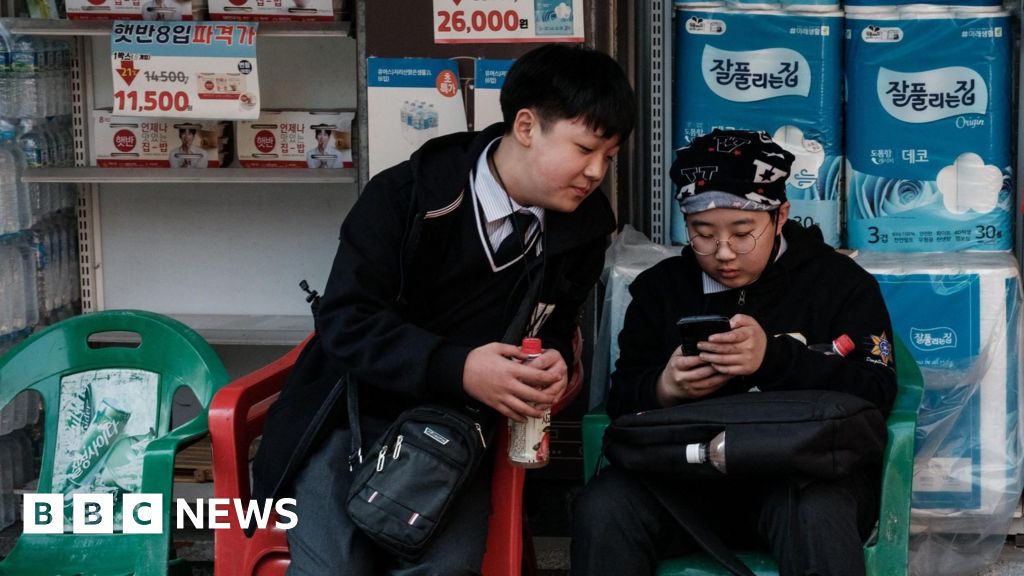South Korea Implements Nationwide Ban on Cell Phones in Schools
In a significant legislative move, South Korea has enacted a nationwide ban on mobile phones in school classrooms, set to take effect in March 2026. This bipartisan effort reflects growing concerns about the impact of smartphone use on students' academic performance and social interactions.
The law aims to tackle smartphone addiction as more research points toward its harmful effects. Lawmakers, parents, and teachers argue that smartphone use is detracting from students' academic focus and social development, taking away valuable time that could otherwise be utilized for study or interpersonal connections.
Despite the broad support for the ban, there are skeptics, particularly among students who question its implementation and whether it addresses the root causes of smartphone addiction. The bill passed with 115 votes in favor out of 163 members present, illustrating a strong legislative consensus.
This step places South Korea among a select group of countries to formalize such restrictions. Similar precedents have been set by countries like Finland, France, Italy, and China.
While the law only bars phone usage during class hours, it grants educators authority to regulate phones on school grounds and stresses the importance of teaching responsible technology use. Exemptions exist for students with disabilities and for educational purposes, as well as emergencies.
Teachers are divided over the law's efficacy, with one study indicating that nearly 70% of educators experience disruptions in the classroom due to smartphone usage. Concerns abound, especially with figures showing that a substantial portion of South Korean youth struggle with controlling their phone habits.
In a climate where academic success hinges significantly on performance metrics like the national college entrance exam, which begins in earnest from an early age, many students have little leisure time, often leaving them unable to engage in prevalent smartphone culture actively. Advocates for balanced technology use argue that the focus should not merely be on phone confiscation but on effectively educating students about healthy digital interactions.
As South Korea’s law illustrates a growing trend towards managing smartphone use in educational settings, the ongoing dialogue will likely continue to evolve as students, educators, and policymakers navigate the implications of technology on education.


















